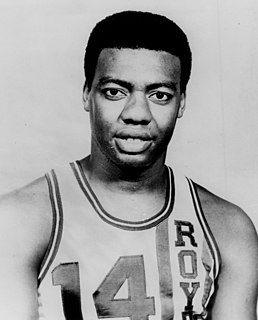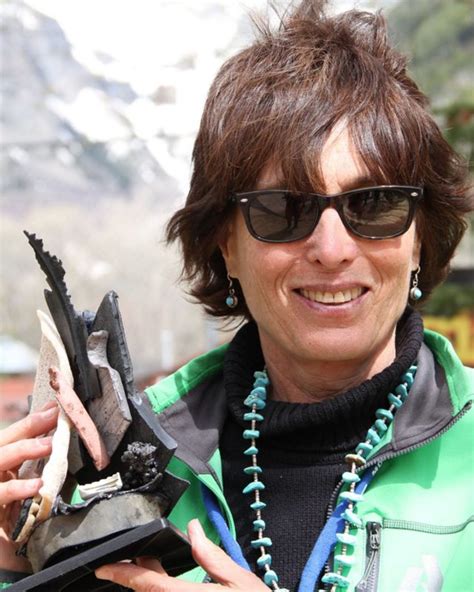A Quote by Joyce Meyer
When we make progress quickly, it feeds our emotions. Then, when there's a period of waiting or we hit a plateau, we find out how committed we really are and whether we're going to see things through to the finish or quit.
Related Quotes
I think that one of the many advantages of death accruing over a long period of time is that you do have time to meet a lot of other people who are going through similar situations and one of the great delights of our life actually was sitting around in labs waiting for the results of tests and talking to other people who were waiting to find out whether their cancer numbers were going in the right direction or not.
I once walked out of a nightclub with my team-mates to see our star midfielder reclining across the bonnet of a Ferrari, arms folded, waiting for girls to come out so he could wink at them and then progress it from there. I have no idea how long he'd been waiting. I do know it wasn't even his Ferrari.
It's not a matter of how much you know or can define, or how many millions of mantras or thousands of prostrations you have done, or how many months of wangs you've attended. The important thing is whether or not the mind is really changing, whether our negative emotions are really coming under control, whether we are really beginning to understand ourselves, whether our mind is really improving, and whether in our hearts there is genuine love and caring for other people.
Learn a lot about the world and finish things, even if it is just a short story. Finish it before you start something else. Finish it before you start rewriting it. That's really important.
It's to find out if you're going to be a writer or not, because that's one of the most important lessons.
Most, maybe 90% of people, will start writing and never finish what they started. If you want to be a writer that's the hardest and most important lesson: Finish it. Then go back to fix it.
One of the things that has really hit home for me is that the world is how we decide it is going to be. Very few things just happen. They grow out of history, and they grow out of the present, and the more we can get a sense of how our actions lead into other actions in the future, hopefully we'll learn to make better decisions.
I wanted to be a singer, of course, but there was something about the songwriting, then and now, that is the most important thing. It's how I express myself, how I express how I see things. When I see people struggling with emotions and feelings and don't know how to put it down, I'm able to do that. It's really like a therapy, and it's like a buddy and a friend. It's a way out of a lot of things.
Although you can find certain differences among the Buddhist philosophical schools about how the universe came into being, the basic common question addressed is how the two fundamental principles-external matter and internal mind or consciousness-although distinct, affect one another. External causes and conditions are responsible for certain of our experiences of happiness and suffering. Yet we find that it is principally our own feelings, our thoughts and our emotions, that really determine whether we are going to suffer or be happy.
The challenge is simple: Quitting when you hit the Dip is a bad idea. If the journey you started was worth doing, then quitting when you hit the Dip just wastes the time you’ve already invested. Quit in the Dip often enough and you’ll find yourself becoming a serial quitter, starting many things but accomplishing little. Simple: If you can’t make it through the Dip, don’t start. If you can embrace that simple rule, you’ll be a lot choosier about which journeys you start.
I almost always write everything the way it comes out, except I tend much more to take things out rather than put things in. It's out of a desire to really show what's going on at all times, how things smell and look, as well as from the knowledge that I don't want to push things too quickly through to climax; if I do, it won't mean anything. Everything has to be earned, and it takes a lot of work to earn.
Things happen very quickly and they have to happen quickly in order to have vitality, which I think is essentially part of a good pot. But in addition it means that you can explore an idea and change it and then change it and then change it; I don't mean by changing the one pot, but you make one pot then you make another that's related to that; you make another - you can make 50 pots in a day and none of them are going to be carbon copies of any other, but they'll all be related because there's something going through your mind about the form on that particular day.
If you have to become a filmmaker, find a story that takes you away, and tell that story. Don't think about whether it's going to sell, or whether it's going to make money, or whether it's going to appeal to distributors. Do something from the heart that really matters, and then you'll do something good.



































